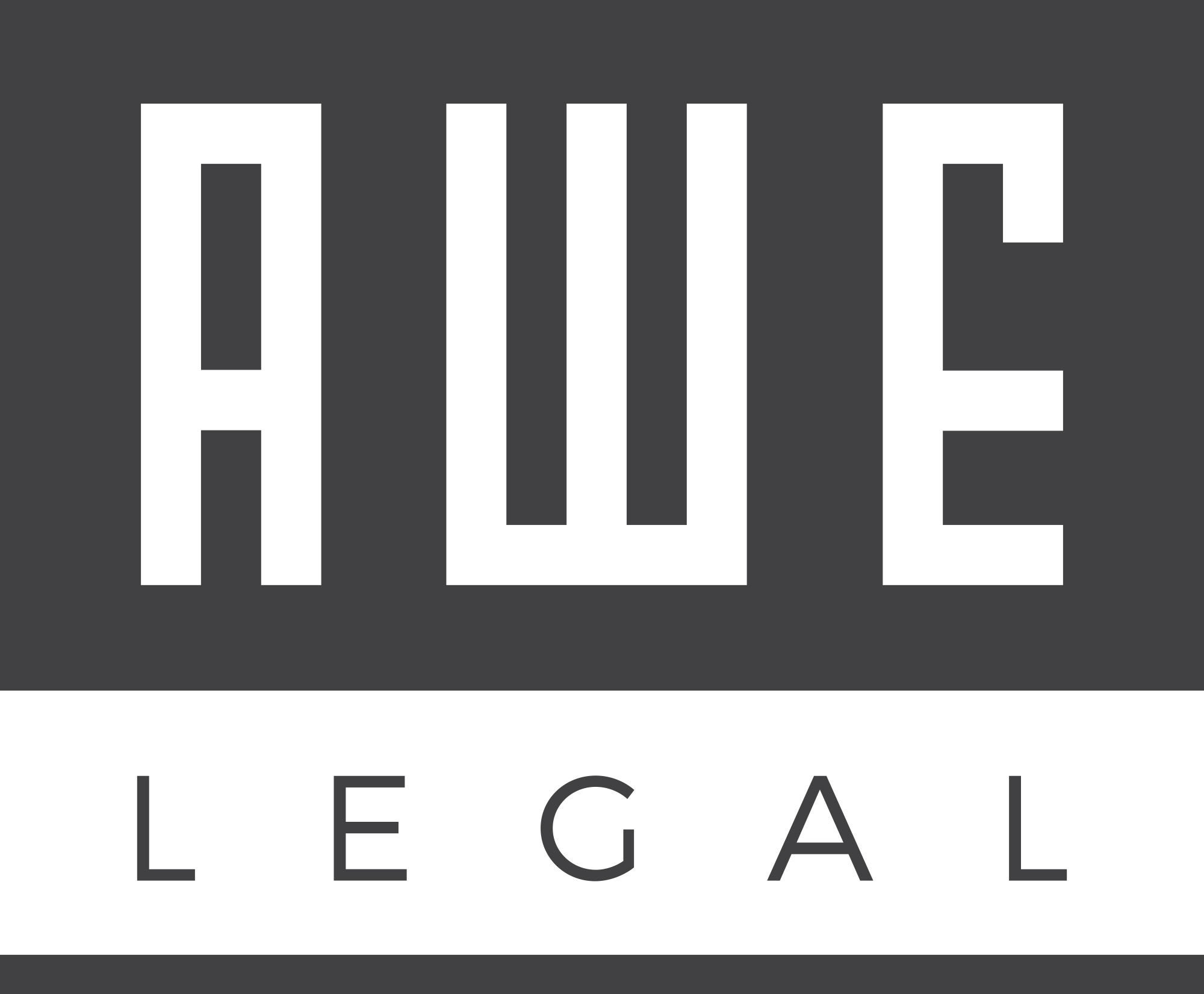Labour Law Changes: Shift Work Revamped & More! (Part 2)
As promised, this is Part 2 covering the new labour laws coming into effect in 2018 and 2019 with the newly legislated Fair Workplaces, Better Jobs Act, 2017 (Bill 148). The new scheduling changes that will come into force in 2019 will be key for those employing shift workers. Employees workings in retail, athletic studios, gyms and the service industry (to name a few) should know their rights under the new laws. Furthermore, the new minimum wage will also affect the special minimum wage rates, so liquor servers be aware of your pay increase entitlement!
Here are the details for the new scheduling changes coming into force January 1, 2019:
- Employees will have the right to request schedule or location changes after 3 months of employment.
- Employees can refuse shift assignments without repercussions if the employer assigns the shift on less than 96 hours of notice.
- Employees will be entitled to “wages for three hours” upon reporting for work and working less than 3 hours, as well as if their shift is cancelled on less than 48 hours of notice or if they are asked to be on-call. “Wages for three hours” is now defined as the greater of (a) 3 hours of pay at the employee’s regular rate; or (b) the sum of (i) the amount that the employee earned while working, plus (ii) the remaining time calculated at the employee’s regular rate. The “on call” rule will not apply to employees performing essential public services.
- Employers will be required to keep records of the dates and times employees were scheduled to work or be on call and any changes made to the schedule.
Ontario's minimum wage will increase to $14 per hour on January 1, 2018, and then to $15 on January 1, 2019 and will continue to increase annually at the rate of inflation. The special minimum wage rates for liquor servers, students under 18, homeworkers and hunting and fishing guides will also be increased by the same percentages as the general minimum wage on January 1, 2018 and January 1, 2019. Effective January 1, 2018, those rates will be as follows:
- Students under 18 – $13.15/hour
- Liquor servers – $12.20/hour
- Hunting and fishing guides – $70.00 for less than 5 consecutive hours; $140.00 for more than 5 hours
- Homeworkers – $15.40/hour
After January 1, 2019, annual increases in minimum wage rates will be based on the rate of inflation.
Another noteworthy change has to do with paid sexual or domestic violence leave. This new entitlement will be effective as of January 1, 2018:
- Employees will be entitled to a leave of absence where the employee or the employee’s child experiences domestic or sexual violence or the threat of sexual or domestic violence. The new leave will be structured as a dual entitlement. In each calendar year, an employee may take up to 10 days of leave and up to 15 weeks of leave. The first 5 days of the leave will be paid with “domestic or sexual violence leave pay” which will generally be equal to the wages that the employee would have earned had they not taken the leave.
These new laws reflect our changing society, and the government’s attempt to keep up and cater to the realities of life by providing more security to workers and their families. The laws coming into effect in 2019 will force employers to be mindful when scheduling their employees, as cancelling shifts in less than the 48-hour window will lead to payment of 3 hours of work. The new laws are bound to have a significant financial impact on employers in the retail, hospitality and service industries, which rely largely on flexible workers and where there is a serious need to be able to adapt to changes in workload for busy and slow periods that cannot always be predicted in advance. As a result of these changes, employers may need to hire a larger pool of casual employees, given the new right for workers to refuse work that is offered with less than 96 hours’ notice. With the new laws, I’d recommend that employers begin to prepare for the scheduling changes, and be mindful of the requirements coming in 2019.
If you have any questions about the impact of Bill 148 or for more information or support in preparing for the new legislation, please get in touch with AWE Legal at info@awelegal.com

